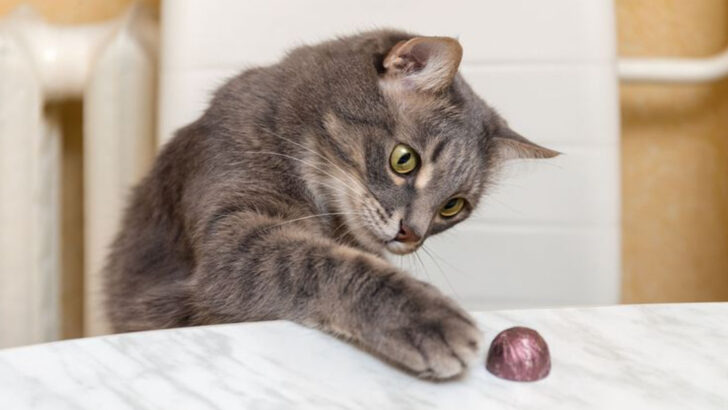Your cat isn’t clumsy. They’re doing it on purpose.
That glass of water on the counter? Fair game.
The plant you just repotted? Target acquired.
Before you lose your mind (or your favorite mug), take a breath.
There’s method behind the mayhem—and yes, some of it is personal.
Cats are not tiny, fuzzy anarchists… well, not only.
They’re curious, calculated, and sometimes just plain bored.
What looks like chaos is often communication—with a little sass on the side.
So why do they do it?
Attention? Entertainment? Revenge for switching their food?
We’ve got the hilarious and surprisingly honest reasons behind their smash-happy habits.
Let’s break it down—before they break something else.
Curiosity
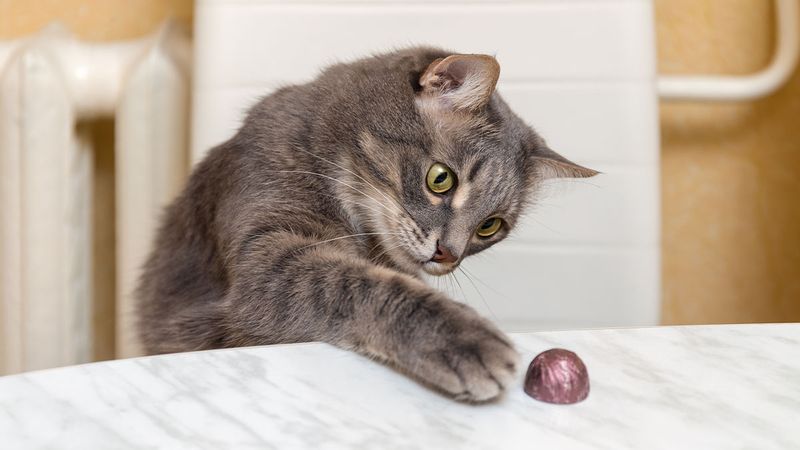
Cats have a natural curiosity that often leads them to explore their surroundings. With wide eyes and twitching whiskers, they approach objects with an inquisitive nature.
When a cat encounters something new, it’s not uncommon for it to paw, nudge, or knock it over to understand its properties. This playful investigation is part of the feline’s exploration of the world around them.
Without the ability to ask questions verbally, cats rely on their paws to conduct their investigations, often leaving a trail of overturned items in their wake.
Attention Seeking

Ever noticed how your cat seems to cause chaos just as you settle down to relax? Cats sometimes knock things over to grab their owner’s attention, especially if they feel ignored.
Though it might be frustrating, this behavior is often a plea for interaction and engagement. Cats know that a toppled object quickly draws eyes their way.
This attention-seeking method is a clever tactic that showcases the feline’s understanding of human behavior and their desire for companionship.
Hunting Instinct
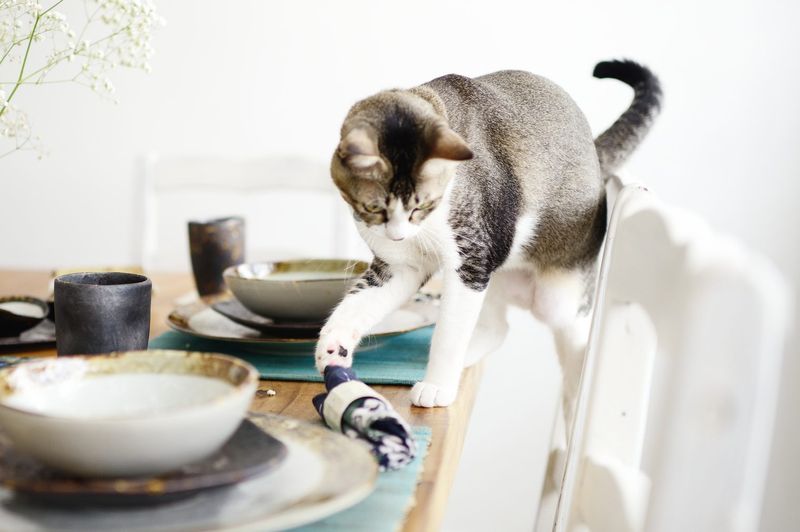
Cats are natural hunters, and this instinctual behavior manifests in various ways. When a cat knocks something over, it’s often because it mimics hunting in the wild.
In the wild, cats would swat at prey to catch or kill it. Domestic cats, lacking real prey, channel this drive into playing with household items.
These playful attacks are an outlet for their predatory instincts, allowing them to sharpen their reflexes and engage their innate abilities, even in a domestic setting.
Testing Gravity
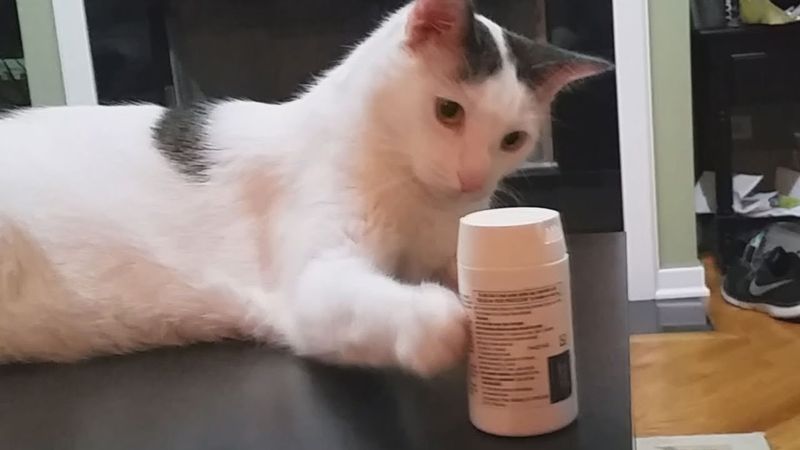
Cats are more than just pets; they are scientists in fur coats, consistently testing the laws of gravity. Knocking things over allows them to see how objects react when falling.
This might seem like unnecessary chaos, but for a cat, it’s a fascinating experiment in physics. Each tumble provides data about weight, balance, and motion.
Their persistent exploration of gravity is a testament to their intelligence and their constant quest for understanding their environment.
Playfulness
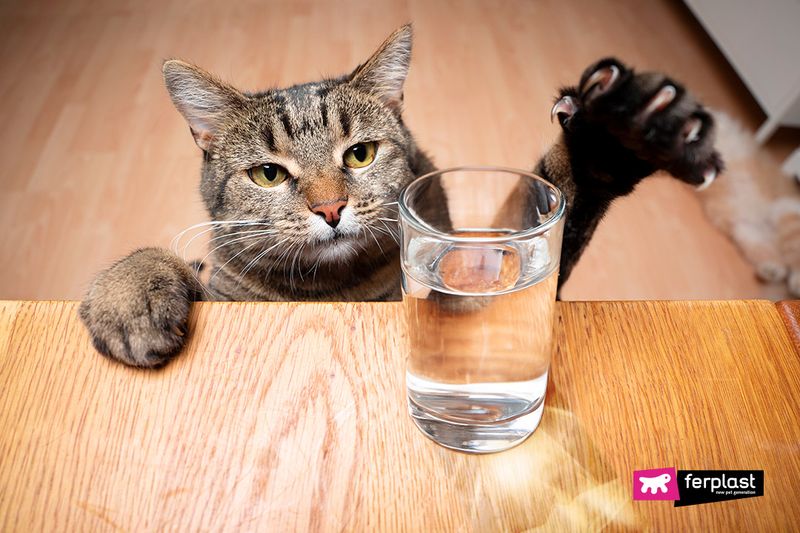
Cats, especially kittens, are full of energy and love to play. Knocking things over can be an entertaining game, providing amusement and exercise.
The thrill of watching an object fall and the sound it makes can be irresistible. These playful antics are expressions of joy and vitality, reflecting their youthful exuberance.
Engaging with their surroundings in this way helps them develop coordination and provides mental and physical stimulation necessary for their growth.
Marking Territory
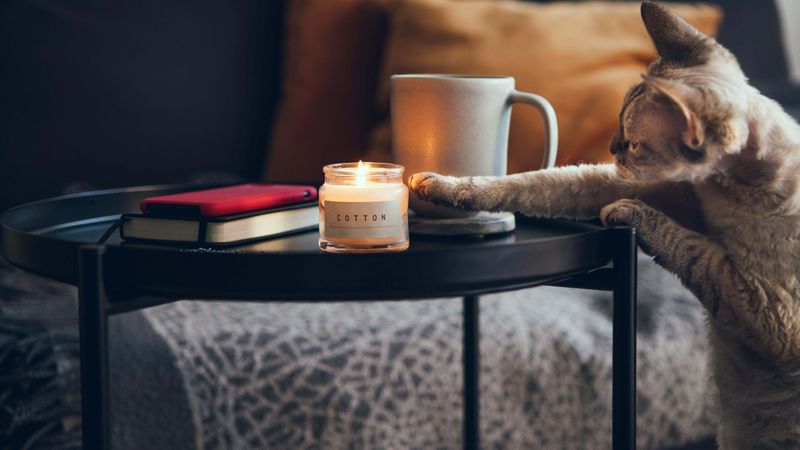
Marking territory is a fundamental behavior for cats, and knocking things over can be a way of claiming their space. By displacing objects, they assert dominance over their environment.
This behavior is often accompanied by other territorial actions, such as scratching or scent marking. It’s a way for cats to communicate ownership and establish boundaries.
While it may seem like mere mischief, it’s a natural instinct that reinforces their sense of security and control in their habitat.
Boredom
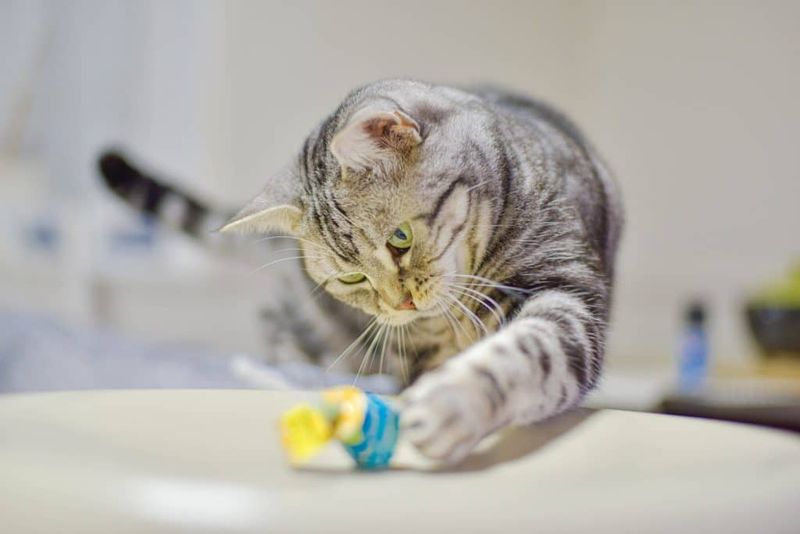
Cats can become easily bored, especially if they lack stimulation or companionship. Knocking things over can be a response to this monotony, a way to entertain themselves in a dull moment.
This behavior is often seen in indoor cats with limited access to engaging activities. By initiating interaction with objects, they create a diversion from their boredom.
Providing toys and interactive play sessions can help mitigate this behavior, offering them a more constructive outlet for their energy.
Territorial Dispute
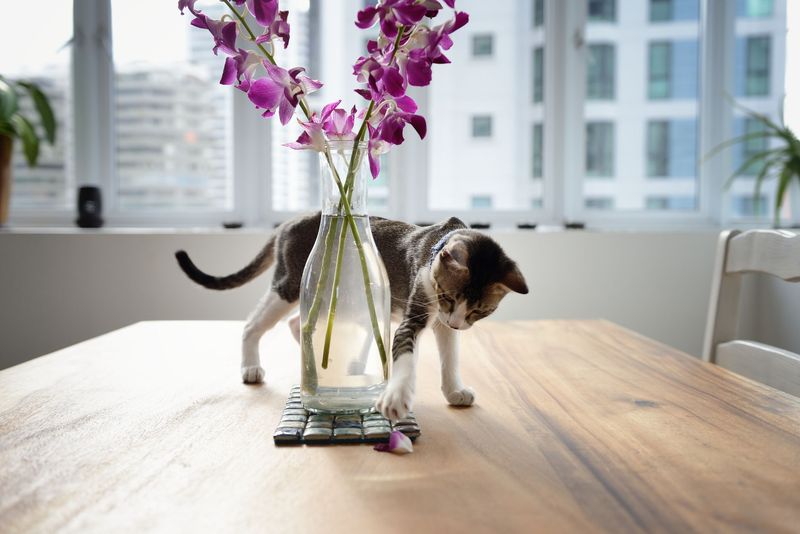
In multi-cat households, territorial disputes can arise, and knocking things over may be a way for a cat to assert dominance or claim space.
This behavior can serve as a warning to other cats, signifying ownership of a particular area or object. It’s a form of communication that helps establish social hierarchy.
Understanding these dynamics is crucial for pet owners to maintain harmony among their feline companions.
Stress or Anxiety
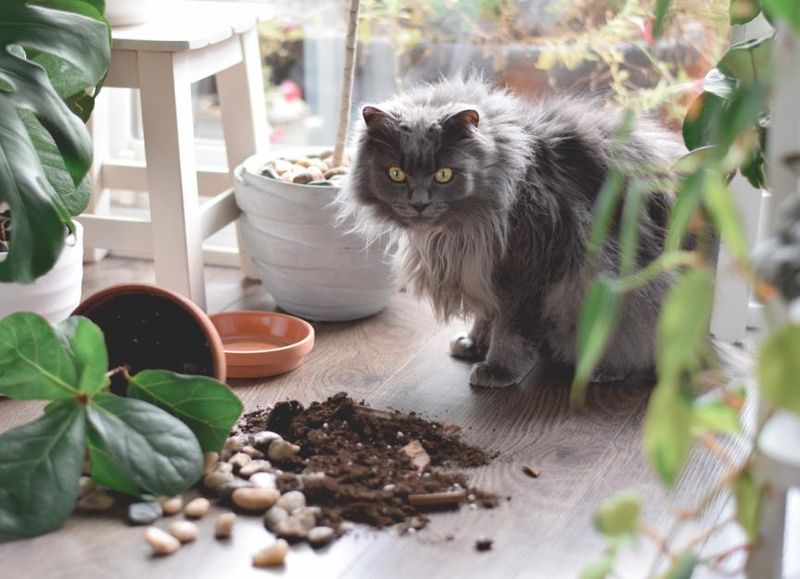
Cats are sensitive to their environment, and changes can lead to stress or anxiety. Knocking over objects can be a manifestation of these feelings, offering them a way to release tension.
When a cat is anxious, repetitive behaviors like this can provide a sense of control or comfort. It’s important to identify and mitigate stressors to improve their well-being.
Creating a calm and stable environment can help reduce anxiety-induced behaviors, fostering a healthier and happier pet.
Instinctual Behavior
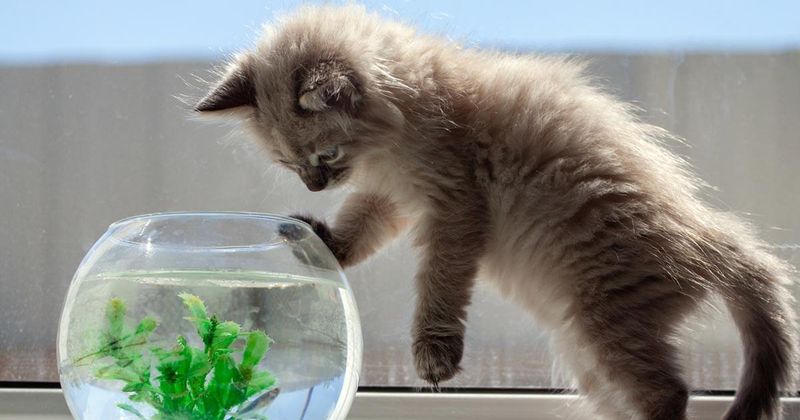
Even the most domesticated cats retain instincts from their wild ancestors. Knocking things over may stem from these deep-rooted behaviors, ingrained in their very nature.
This instinctual action allows cats to practice skills that were once essential for survival. It’s a connection to their heritage and an expression of their true feline essence.
Recognizing this behavior as instinctual helps us appreciate the complexity and depth of our feline friends.

